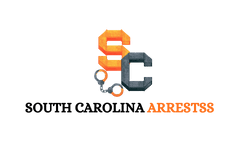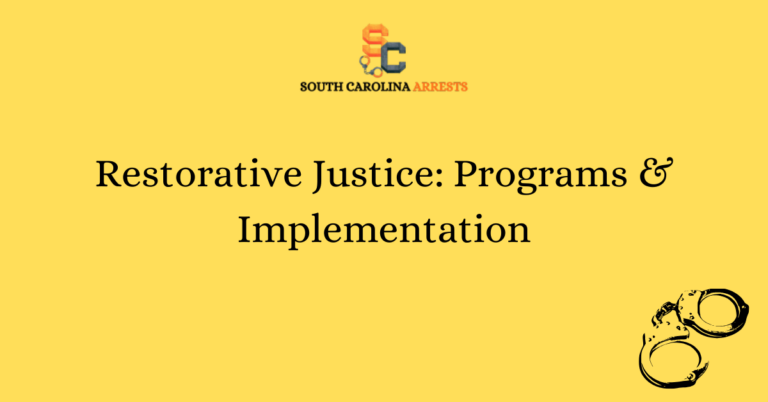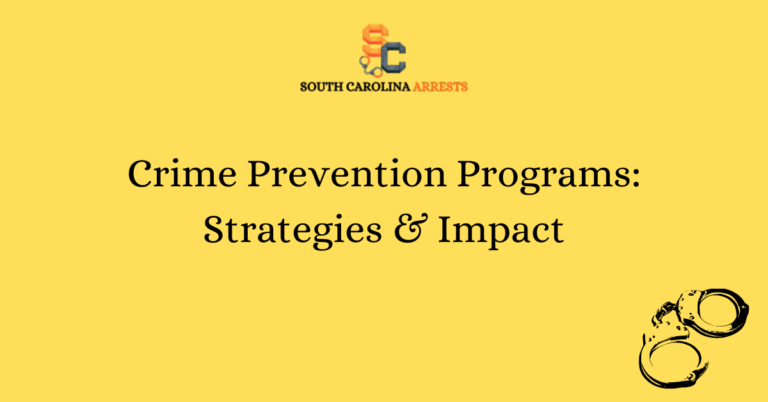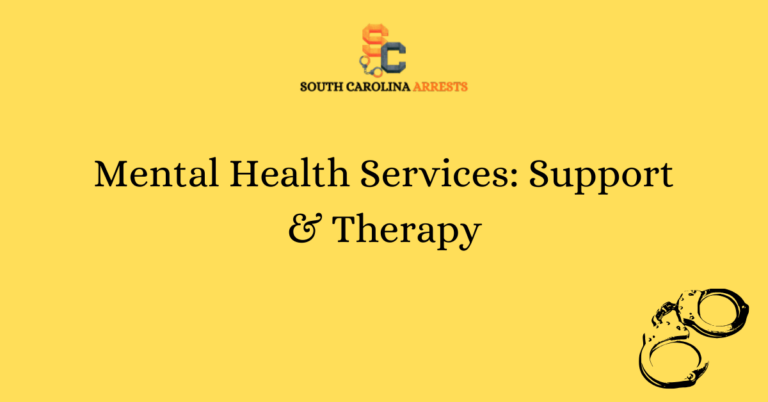Substance Abuse Treatment: Options & Recovery
Substance abuse treatment is a critical aspect of healthcare that addresses the challenges individuals face when dealing with addiction. It encompasses a range of options aimed at assisting individuals in their journey towards recovery. From therapy sessions to support groups, these treatment options cater to the diverse needs of those seeking help.
Recovery from substance abuse is a complex process that requires dedication and support. With the right treatment approach, individuals can overcome their addiction and rebuild their lives. By exploring various treatment options and committing to the recovery journey, individuals can find hope and healing in their battle against substance abuse.
Overview of Substance Abuse Treatment Options
Substance abuse treatment options encompass a wide range of interventions aimed at helping individuals overcome addiction and achieve long-term recovery. These options can include therapy sessions, support groups, medication-assisted treatment, residential programs, and outpatient treatment.
Therapy Sessions for Addiction Recovery
Therapy sessions play a crucial role in addiction recovery by providing individuals with a safe space to explore the root causes of their substance abuse and develop coping strategies to manage cravings and triggers. Both individual and group therapy sessions are commonly used in substance abuse treatment.
Individual vs. Group Therapy: Pros and Cons
Individual therapy allows for personalized attention and tailored treatment plans, while group therapy offers peer support and the opportunity to learn from others facing similar challenges. The choice between individual and group therapy should be based on the individual’s preferences and needs.
Support Groups for Substance Abuse Recovery
Support groups, such as Alcoholics Anonymous and Narcotics Anonymous, provide a sense of community and understanding for individuals in recovery. Peer support can be a powerful motivator and source of strength during the recovery process.
Benefits of Peer Support in Recovery
Peer support in recovery can reduce feelings of isolation, increase accountability, and provide encouragement during difficult times. Building connections with others who have similar experiences can foster a sense of belonging and hope for the future.
Medication-Assisted Treatment (MAT) Overview
Medication-assisted treatment (MAT) combines medications with counseling and behavioral therapies to treat substance use disorders. MAT can be particularly effective for individuals struggling with opioid or alcohol addiction.
Types of Medications Used in MAT
Common medications used in MAT include methadone, buprenorphine, and naltrexone. These medications work by reducing cravings, blocking the effects of drugs, or preventing withdrawal symptoms, and helping individuals maintain sobriety.
Residential Treatment Programs for Addiction
Residential treatment programs provide round-the-clock care and support in a structured environment. These programs offer intensive therapy, medical monitoring, and a focus on holistic healing to address the physical, emotional, and psychological aspects of addiction.
Benefits of 24/7 Care in Residential Programs
The immersive nature of residential treatment programs allows individuals to fully focus on their recovery without distractions from the outside world. The constant support and supervision provided by staff can help individuals navigate the challenges of early recovery.
Outpatient Treatment Options for Substance Abuse
Outpatient treatment options offer flexibility and independence for individuals who require ongoing support while maintaining their daily responsibilities. These programs typically involve counseling, medication management, and peer support.
Flexibility and Independence in Outpatient Programs
Outpatient programs allow individuals to attend therapy sessions and support groups while still living at home and participating in work or school. This flexibility can be beneficial for those who do not require round-the-clock care but still need structured treatment.
Frequently Asked Questions
Our Frequently Asked Questions section aims to provide detailed information on Substance Abuse Treatment: Options & Recovery. Here, you will find in-depth explanations of commonly searched queries on Google related to substance abuse treatment.
What are the different options for substance abuse treatment?
Substance abuse treatment options vary depending on individual needs and the severity of the addiction. Common options include inpatient treatment, outpatient programs, therapy, medication-assisted treatment, and support groups.
How long does substance abuse treatment usually last?
The duration of substance abuse treatment can vary depending on factors such as the type of addiction, the individual’s progress, and the treatment facility’s program. Some programs last for a few weeks, while others may extend to several months.
What is the role of therapy in substance abuse treatment?
Therapy plays a vital role in substance abuse treatment by helping individuals understand the root causes of their addiction, develop coping strategies, and learn healthy behaviors. It can be provided in individual, group, or family settings.
Are there alternative treatments for substance abuse?
While traditional methods like therapy and medication are commonly used in substance abuse treatment, some individuals may benefit from alternative treatments such as acupuncture, yoga, meditation, and art therapy. These approaches can complement traditional treatment methods.
How can I support a loved one going through substance abuse treatment?
Supporting a loved one in substance abuse treatment involves offering emotional support, attending therapy sessions or support group meetings together, educating yourself about addiction, setting boundaries, and encouraging healthy habits. It’s essential to communicate openly and non-judgmentally.
What is the success rate of substance abuse treatment programs?
The success rate of substance abuse treatment programs can vary depending on factors such as the individual’s commitment to recovery, the effectiveness of the treatment program, and ongoing support. While relapse is common, many individuals achieve long-term recovery with the right treatment and support.







